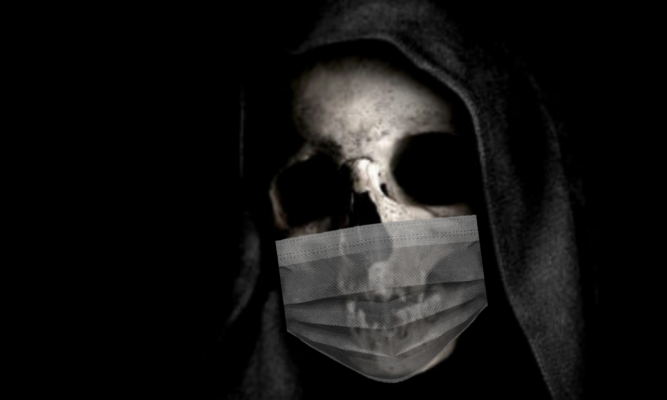The Assisted Suicide Bill in New Hampshire got benched for the time being, but not the topic. And we’re not saying you can’t choose to kill yourself. We’re saying the government will inevitably abuse it to the detriment of people and public health.
Related: Slippery Meet Slope: Medically Assisted Suicide Could Save Millions in Health Care Costs
Numerous examples have already crossed these pages, but someone sent us a new one. Canadian Allison Ducluzeau was diagnosed with stage 4 peritoneal carcinomatosis. She was told to get her arrangements in order and to consider medically assisted suicide. Allison chose to do some research instead. She spoke to specialists across the globe, got scans in California, and treatment in Baltimore.
Today, Allison is in remission. She lifts weights daily, and goes running and cycling. She recently married her partner on a beach in Hawaii in front of her children. But she remains infuriated that Canadian doctors offered to kill rather than treat her.
She had to fundraise money to pay for her treatment, but these days, she’s just offended at how Canada’s healthcare system responded to her condition. “The way it was presented was shocking,” she told me. “I was disgusted to be offered MAID twice. Once, I was even on the phone when I was on my own, having just come back from Baltimore. It left me sobbing.”
Public Health across the globe is still reeling from how badly it handled the Wuhan Virus. Systems that were not socialized behaved like they were monolithic interventions that ruined or ended lives over what was dangerous to a small demographic of people. The freshly-minted fearmongering over bird flu appears to be headed once again in the wrong direction. Public Health cannot be trusted, and as systems get stressed – especially those that rely heavily on taxpayer-backed support – budgets get between doctors and patients.
In Oregon, nearly 80% of people who end up suicided are on government health care. States like Colorado and Hawaii have tried to shorten the wait time. Is it so patients can be convinced to take the death drugs rather than be a strain on resources in the hours and days after a terminal diagnosis? Perhaps not but given the trajectory of health care in the West and its increased alignment and dependence on government – or at least the bully pulpits of politicians and the massive grant funding they control – the issue is not if but when.
Canada has had socialized medicine for a long time and (IMO) not coincidentally is the poster child for fast tracking reasons to offer MAiD to just about anyone it thinks it could afford to do without. That sort of medical ethics is the slippery slope of which we speak. Like the Canadian woman who suffered almost immediate and debilitating side effects from a dose of Moderna mRNA COVID “vaccine.” Her medical issues became so complex that she was offered assisted suicide.
Assisted suicide has been suggested for vets with PTSD, the poor, the homeless, those with mental illness, and children with spectrum disorders. There seems to be no limit to what policymakers and doctors might consider a reason to recommend death to treatment or life. Keeping in mind that these “authorities” are the same people who will decide what mental illness looks like.
Canadian Truckers, Dutch Farmers, Marie Le Pen’s political supporters in France, and deplorables who oppose open borders. The list knows no end, and there lies the problem. Arguing to allow the government to define the conditions for assisted suicide is a lot like letting it decide what is information and disinformation. You can’t trust it to do either.
